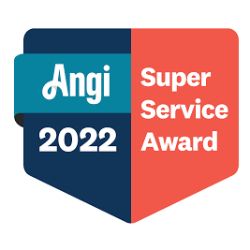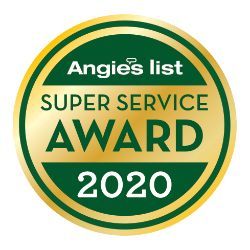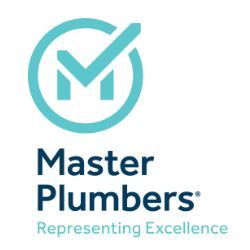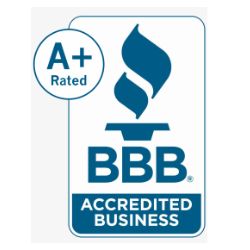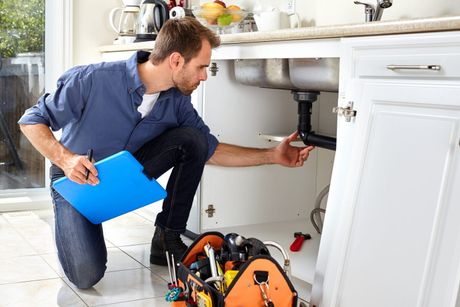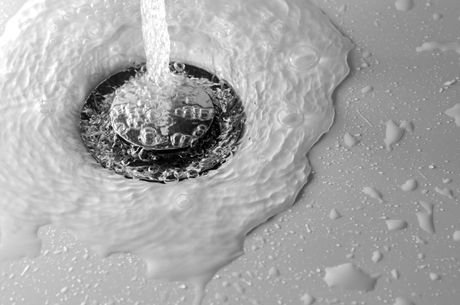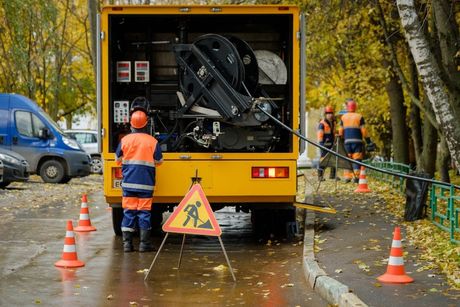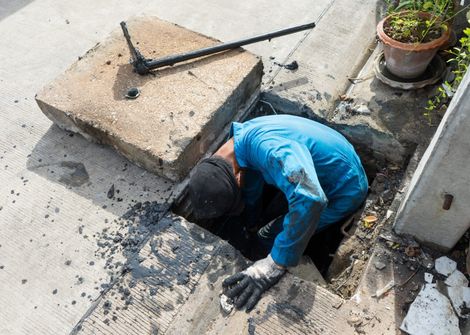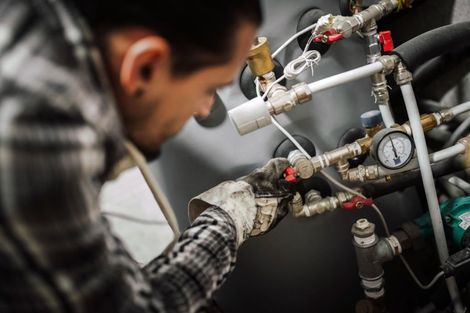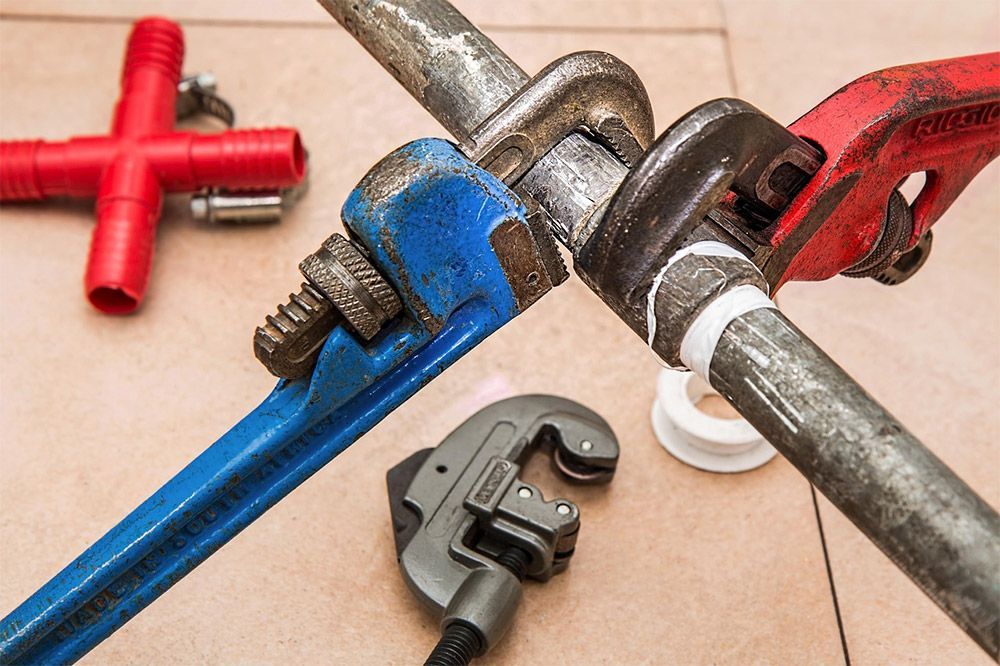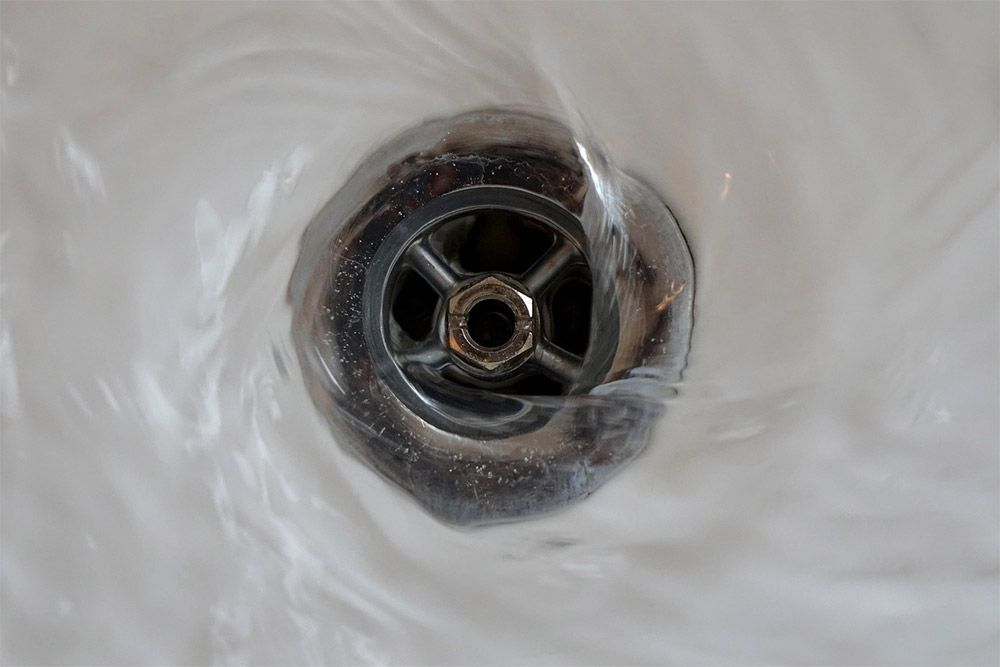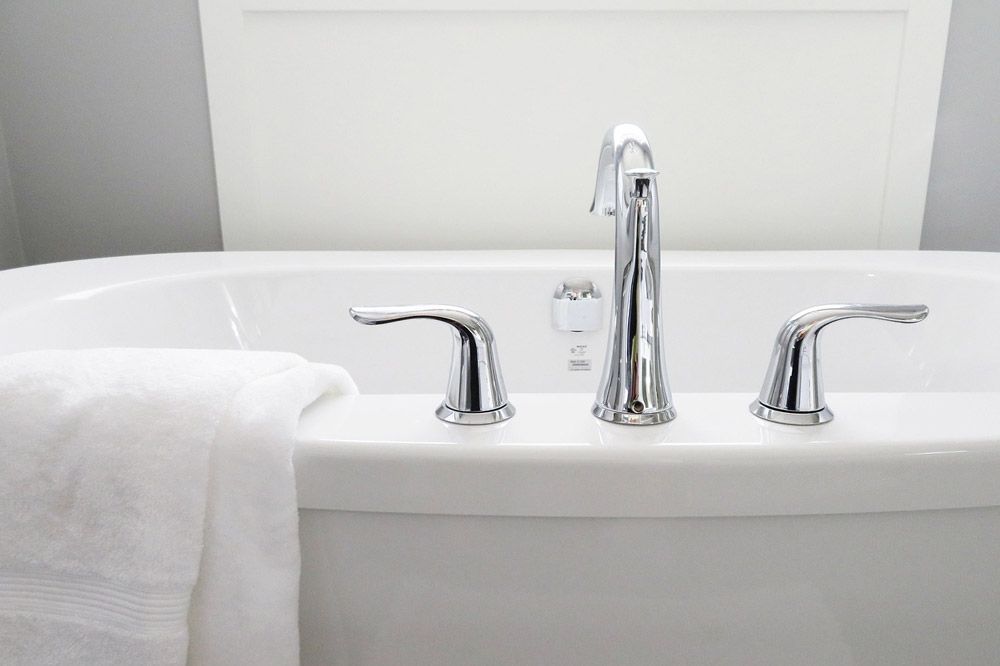Residential & Commercial Plumbing Services in Denver
Reliable Service And Affordable Plumbing Makes Us Your Go-To Plumbing Contractors
Call for Consultation
DIAL NOW
City skyline
About Afford A Rooter: Your Go-To Affordable Plumber
We are very proud of the reputation we have earned in Denver since our beginnings in 2006. It comes from our focus on a customer-first experience while providing quality and affordable plumbing, drain, sewer, and water heater services. Our certified plumbers have the licenses, accreditations, reputation, equipment, qualifications, and experience for any plumbing services, whether they are large or small, residential plumbing or commercial plumbing, above ground or underground in Denver. Homeowners make us their go-to local plumber because we work to deliver reliable, affordable solutions for everything from routine maintenance to emergency repairs.
Emergency Services From Professional Plumbers in Denver
Plumbing disasters are a guarantee, even diligently sticking to a preventative maintenance schedule can’t assure their diversion. Because all plumbing fixtures and pipes will eventually wear out, and because they don’t stick to “banker’s hours” when they decide to go, we have plumbing contractors on call at all hours. We know that plumbing problems quickly snowball in disasters, so our master plumbers are available in Denver at all hours of the day, seven days a week to handle these inevitable issues for you. Our professional plumbers are here for you 24/7, every day of the year, delivering reliable service you can trust.
Our Affordable Plumbing Services
Our Certified Experts Offer 24/7 Emergency Services
Emergency Plumbing Services
We are very proud of the reputation we have earned in Denver since our beginnings in 2006...
Emergency Drain Cleaning Services
At Afford-A-Rooter Plumbing, we can provide drain cleaning services that “wow” our Denver clients...
Emergency Rooter Services
Getting to the root of a Denver plumbing problem is not always an easy task, but here at...
Emergency Sewer Line Repair Services
Needing emergency sewer repairs can be a stressful situation, but there is no need to worry...
Emergency Water Heater Repair
When you need fast, affordable, quality water heater repair, Afford-A-Rooter has you covered...
Recent Blog Posts
Commercial Plumbing With The Best Plumber In Denver
*
Commercial buildings in Denver have hot water heaters, sewer lines, water lines, toilets, and sinks, just like residential buildings do, but commercial buildings are often larger. Employees are in the building for large chunks of the day, and some members of the public might even have access as well. A problem with hot water or a blockage could hurt your bottom line if you are forced to close, even just for a day. Our plumbing contractors work around your schedule to get you going and provide minimal disruption.


